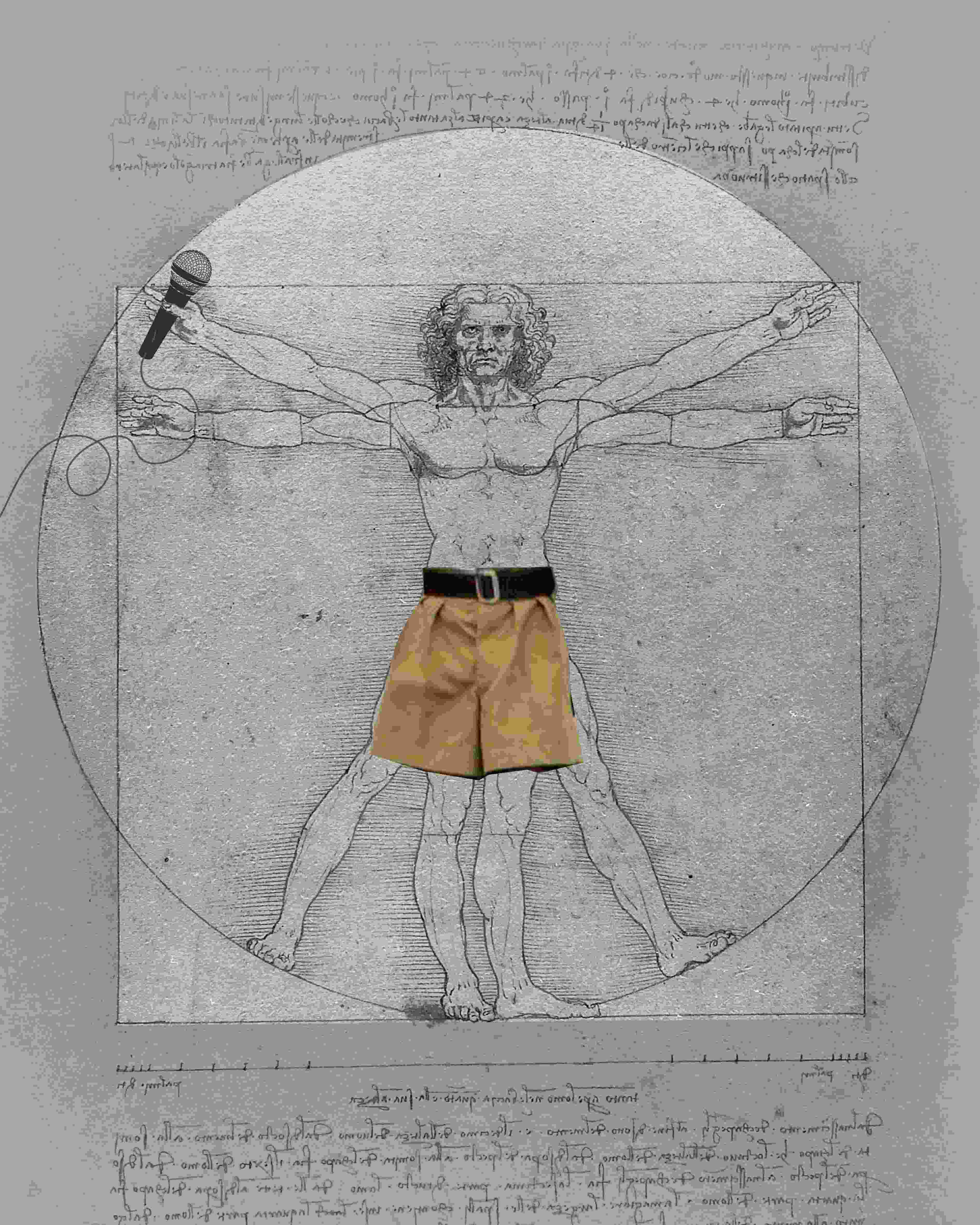
Trapped In Cynicism: The Post-Ideological Liberal’s Opposition and the Everyday of India’s Right Wing
By Dr. Rahul Sonpimple
Dr. Rahul Sonpimple
Dr. Rahul Sonpimple is a researcher, activist, political thinker, and academic. He is the founding President of the All India Independent Scheduled Castes Association (AIISCA) and Director of the Savitribai Phule Resource Centre, Nagpur. His work bridges grassroots activism with critical caste scholarship.
Enjoyed this article?
Share it with your friends and colleagues!
